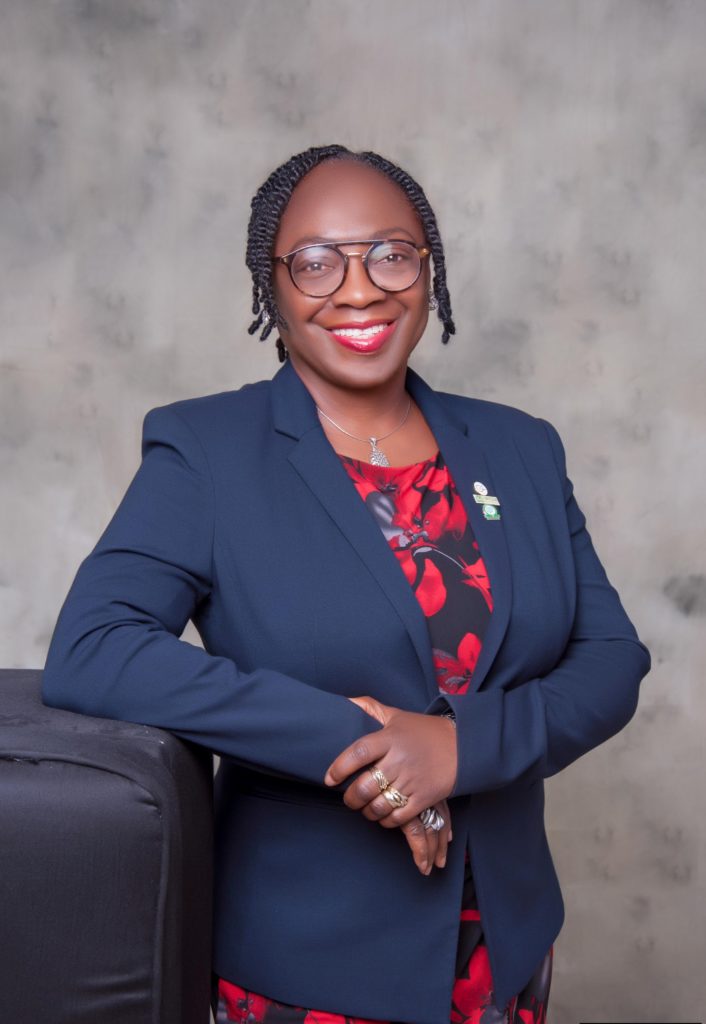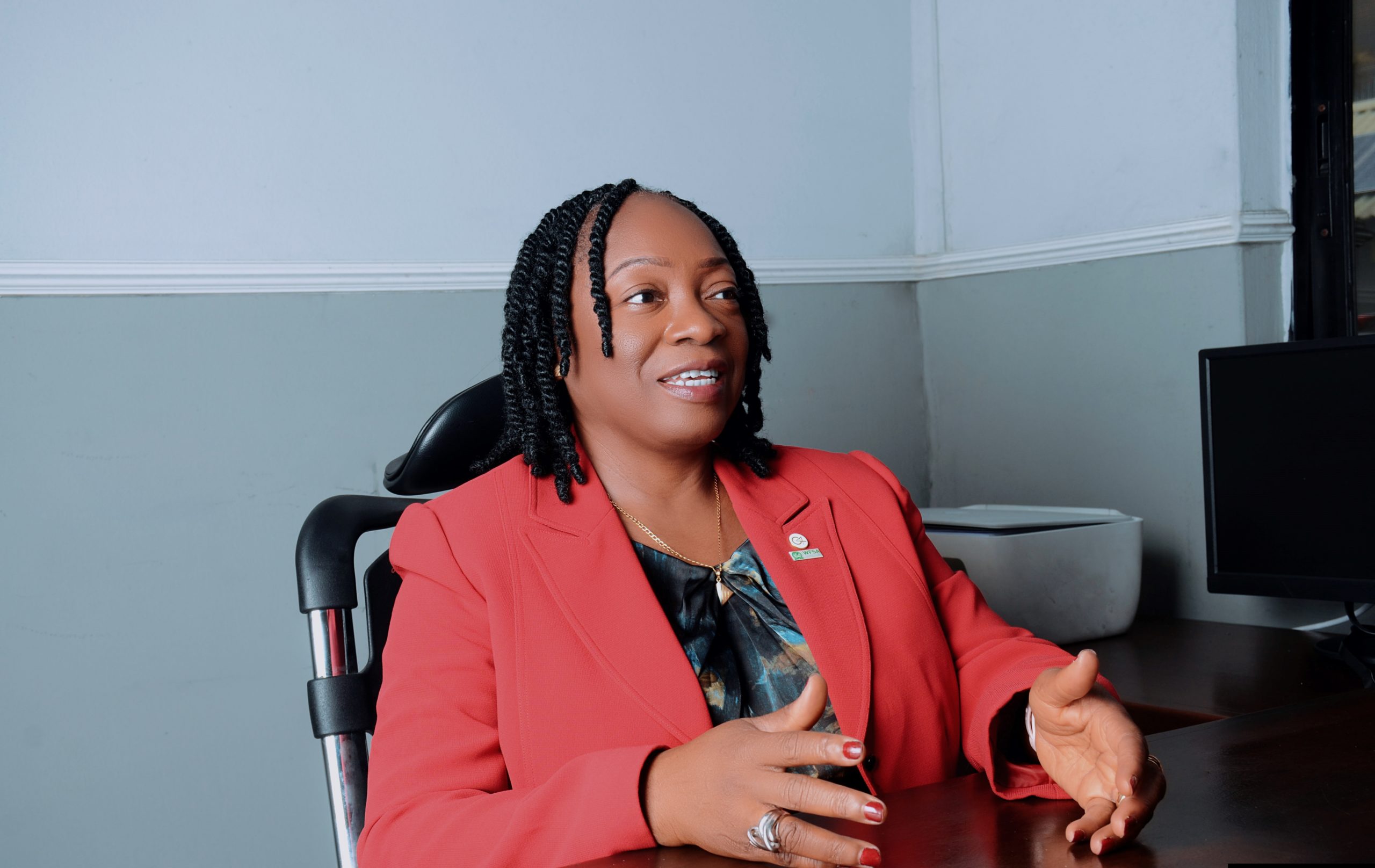Former WFSA board member, Dr Bisola Onajin-Obembe discusses her new role as President of the G4 Alliance Permanent Council.
WFSA: Firstly, congratulations on your election.
Dr Onajin-Obembe: Thank you. I’m delighted and humbled to be elected as the Permanent Council President of the G4 Alliance. When the Nigerian Society of Anaesthetists joined the Alliance in 2015 and I became a Permanent Council Member, it was so that I can be that voice that represented anaesthesia care for Nigeria, for Sub-Saharan Africa and for low-and middle-income countries.
Being the G4 Alliance PC President is a huge responsibility. My hope is to facilitate the growth and influence of the G4 Alliance on advocacy for the neglected surgical patient. However, I do not assume to have all the answers – I don’t want to jump into the water before I learn to swim.
WFSA: What would you consider a successful presidency?
Dr Onajin-Obembe: To be successful as the President, it’s important that I keep learning through my tenure and use the many resources provided by the G4 Alliance. As a first step, I’ve taken some time to let the idea of being the President sink in and I try to remind myself to look at the position with new eyes and a different mindset. I will do my best and pray that our collective work together will be divinely blessed.

WFSA: What is the relevancy of the G4 Alliance?
Dr Onajin-Obembe: The G4 Alliance Permanent Council (PC) is made up of peers, who are all leaders in their own organizations. The G4 Alliance gives the 75 or more organizational members a laser-focus opportunity to advocate for the neglected surgical patient; to improve access to safe and affordable surgical and anaesthesia services all over the world, and to be effective.
WFSA: What sort of surgical services?
Dr Onajin-Obembe: The term “surgical” includes the surgical ecosystem and all that it represents meaning surgery, obstetrics, trauma, anaesthesia (SOTA); as well as the human resources, equipment, supplies, infrastructure (operating room, intensive care facilities, recovery room etc.) in the ecosystem. The result of our working together as an alliance will amplify our independent organisational efforts.
I see being President as a privilege and another opportunity to serve with my peers – these thoughts underline my plan for the alliance.
WFSA: So, what’s next on the agenda?
Dr Onajin-Obembe: My agenda is “our agenda” which is to flesh out during my tenure, what we as an alliance have agreed to achieve. This means as the G4 Alliance grows, we need to be strategically aligned so that we won’t just be busy with activities. If we focus on advocacy, we’ll hit the bull’s eye and make maximum impact as an alliance. I desire that the PC members work together to be more powerful, more strategic, and more impactful.
My personal wish is that the members of the G4 Alliance will play greater roles in local, national, and international strategic meetings on SOTA care; and will be given more opportunities to provide solutions from an insider’s perspective. In doing so, the international community will view the G4 Alliance as the go-to organisation for leadership and SOTA care advocacy.
WFSA: Are there any other ways you plan to focus on advocacy?
Dr Onajin-Obembe: One way is an interactive and lively website for the Alliance – I’d love the alliance to keep up with relevant and quality contents and links on our website. I’d love to see our website become the number-one site to visit for information and links to resources on SOTA care.
WFSA: What else are you looking to improve in the G4 Alliance?
Dr Onajin-Obembe: Increasing financial resources. The G4 Alliance has a wealth of human resources made up of the board of directors, permanent council members, executive team including our fellows, as well as volunteers and friends of the alliance. But imagine the G4 Alliance being backed up by great financial resources.
WFSA: How would the G4 Alliance use these resources?
Dr Onajin-Obembe: We could sponsor our LMIC members to attend meetings, fund projects, and increase the G4 Alliance staff. I’d like to see more face-to-face participation at PC annual meetings during the World Health Assembly. I’d also like to see increased participation of members in our annual general meetings in November.
Increased financing to better support our staff and members will be a great achievement for the alliance. I love face-to-face participation because coming together and being able to see one another’s faces and expressions is a huge part of communication.
WFSA: There’s been an increase in numbers in the G4 Alliance. Would you like to see this build even further?
Dr Onajin-Obembe: It is both impressive and important that the G4 Alliance continues to grow in numbers but equally important is that we encourage a more diverse and inclusive membership. I hope more LMIC organizations will join the Alliance. I’d like to see us hit the mark of 100 strong, participating and paying members in two years, when we meet in November 2024. A greater number of members from low- and middle-income countries will be a better representation of our collective voices.
WFSA: Why is the WFSA such an integral part of the G4 Alliance?
Dr Onajin – Obembe: I always say that before global became a thing, the WFSA existed as an entity to strengthen global anaesthesia. Today, the WFSA has 134 national society members representing anaesthesiologists from 140 countries. The WFSA is the umbrella body representing all national societies in the world.
The WFSA’s membership is vital to the G4 Alliance’s efforts in reaching anaesthesia stakeholders and interest groups. The alliance, as an advocacy-focused organization, synchronizes the voice of all its members including that of the WFSA; and the WFSA echoes and re-echoes our messages so our collective voices can be heard in more powerful ways all over the world.
WFSA: Is there anything else you’d like to say for our readers?
Dr Onajin – Obembe: There’s no safe surgery without safe anaesthesia; and teamwork amongst all elements of SOTA care is essential.
Dr Bisola Onajin-Obembe (MBBS, FWACS, MBA) is a Consultant Anaesthesiologist and Assistant Professor of Anaesthesia at the University of Port Harcourt, Rivers State, Nigeria. She is the past-President of the Nigerian Society of Anesthetists. Dr. Onajin-Obembe also practices and teaches pediatric anesthesia, as well as anesthesia for maxillofacial and ear, nose and throat surgeries, and she has publications in these areas.






